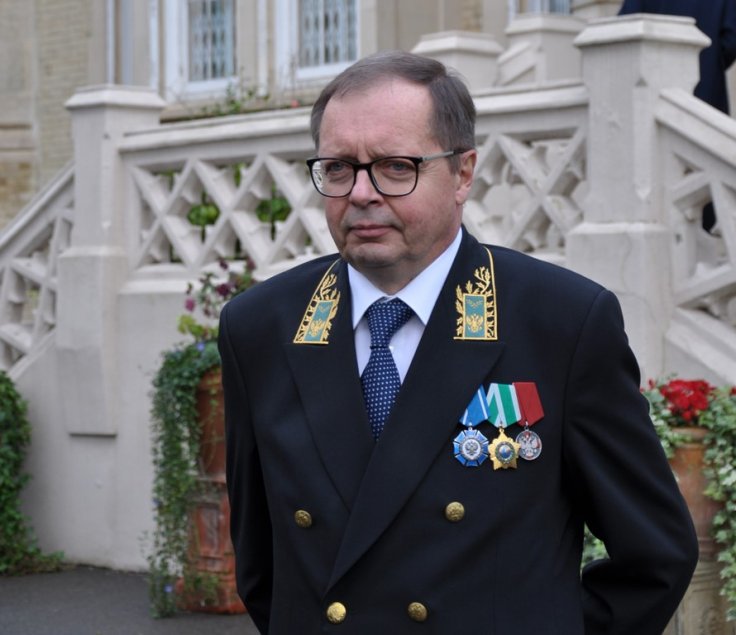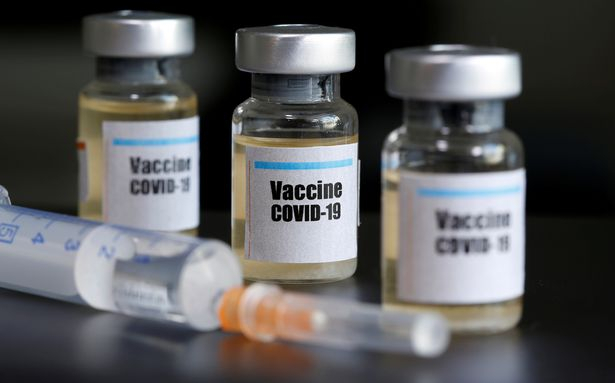Russia, China, North Korea, and Iran have always been targeted by the U.S. and its alliance for all sorts of security breaches and hacking into government data. Even as the world is reeling under the Coronavirus pandemic, international politics isn't showing any signs of slowing down.
After the U.K., U.S. and Canada claimed that a hacking group with ties to Russian intelligence tried to hack into their COVID-19 vaccine data, the Russian ambassador to the U.K. rejected it, saying it made "no sense".
In a joint statement, by the U.K., U.S. and Canada on Thursday, July 16, it was claimed that they were "almost certain (more than 95 percent)" that a Russian hacker group named APT29, also known as 'Cozy Bear' and 'Dukes', was targeting laboratories that were conducting coronavirus vaccine research. The National Cyber Security Centre of the U.K., also released an advisory in this regard, warning the labs and related personnel to be cautious.

But the Russian ambassador, Andrei Kelin said that he learned about the hackings from British media and such allegations were false. In an interview with the BBC, he said, "I don't believe in this story at all, there is no sense in it. In this world, to attribute any kind of computer hackers to any country, it is impossible."
Vaccine Race
It is to be noted that the U.K. is currently leading the COVID-19 vaccine race as the joint collaboration between the University of Oxford and AstraZeneca has yielded positive results so far and is expected to release a vaccine by November 2020. In the U.S., Moderna is also set to enter Phase 3 clinical trials while Canada's National Research Council of Canada has also made significant developments.
However, Kelin said that there was no point in attempting to steal vaccine research data as Russia already had a manufacturing agreement in place with AstraZeneca.
"We already have a commercial contract with AstraZeneca. Plus, we are also conducting 26 researches simultaneously to develop a vaccine. One of them is being developed by the Novosibirsk Center for Virology and Biotechnology Vector. They have already finished testing and are pretty close to production capacity," he said.

Russia, on the other hand, claimed that it had already completed clinical trials of a potential Coronavirus vaccine which was a result of a collaboration between Sechenov University Center for Clinical Research on Medications and Gamaleya Research Institute. But Kelin said Russia was not taking part in a vaccine race, rather it was for the benefit of people.
Russian Interference in British Elections
It is not just hacking into vaccine research data. Russia has also been accused of interfering in British Elections 2019, like their alleged meddling in the 2016 U.S. Presidential Elections. British Foreign Secretary Dominic Raab alleged that Russia through "amplifying stolen government papers" tried to influence the elections. Those documents related to the U.S.-U.K. trade talks and opening up NHS to the U.S. pharmaceutical companies made headlines before the poll. But Russia rejected the claims saying that it was vague.
"I do not see any point in using this subject as a matter of interference. It doesn't matter if Labor party or Conservative party comes to power, we will have to establish a better relationship," said Kelin, who was appointed in November 2019.









